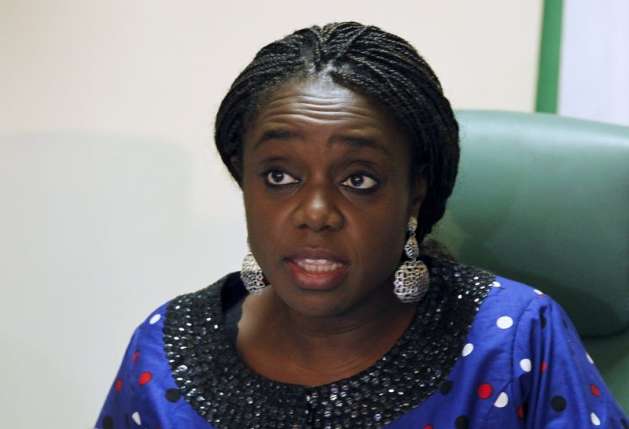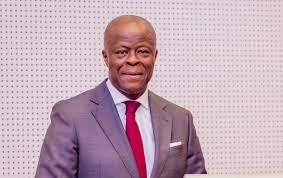Fund inflows through the mop-up and direct debits by the Central Bank of Nigeria (CBN) under the federal government’s Treasury Single Account (TSA) totalled N5.244 trillion as at February 10, 2017, authorities said on.
Ahmed Idris, Accountant General of the Federation (AGF), disclosed this on Tuesday, speaking at a retreat to review the TSA, one year after real commencement of implementation.
Highlighting the gains of the project which was conceived to bring transparency in the management of lean financial resources, Idris said government has successfully eliminated multiple banking arrangements, resulting into consolidation of 20,000 bank accounts; which were spread over Deposit Money Banks across the country.
“This has further brought about transparency and effective tracking of government revenues. It has also led to blocking of leakages and abuse, which characterised the public finance management before implementation of TSA,” the AGF stated at the retreat.
He further noted that the TSA has eliminated the era of indiscriminate borrowings by MDAs and saved government huge bank charges amounting to an average of N4.7 billion monthly prior to full implementation of TSA.
He however noted that though considerable gains had been made, there was need to evaluate the programme and identify most feasible ways to take it to the desired level, justifying reasons for the retreat where stakeholders are discussing issues that had emanated from the project and hope to further advise government on way forward.
“TSA needs to go beyond mere cash management. We should explore the inherent potential of TSA and identify most economically viable options of resource utilisation and deployment particularly under the present economic recession.
Vice President Yemi Osinbajo also speaking at the retreat stated that before the implementation of TSA, it was difficult for relevant institutions to determine the federal Government cash position which is now clear that an average of 13 billion accrue to all government agencies every single working day.
He also stated that the implementation has led to elimination of the revenue and expenditure float and timing differences which adversely affects budget implementation, owing to the fact that before TSA, it took an average of 28 days to access cash after the revenue had been collected through commercial banks and about 21 days for MDAs to access their budgetary allocations.
He said, “We can be under no illusion that the implementation of the Treasury Single Account is complete. We need to take account of challenges that have emerged in the process with a view to addressing them. Indeed, there is the need for a more active cash management regime that is better aligned with debt management and the development of new capital market instruments. It is moreover important to consolidate on the gains so far and to align the process with present
day realities”.
He said there are still more to be done to harness the benefits of TSA implementation, for example the reforms which have been started in regard to the budget preparation must be completed and the budget should be comprehensive and transparent and as much as possible enacted before the beginning of the financial year.
Meanwhile, Minister of Finance, Kemi Adeosun announced of federal government plans to expand the TSA coverage to cover more agencies in 2017 and will and continue to persuade statutory agencies to come under the platform.
Speaking to the broader benefits of the TSA, the Minister stated that the Federal Government, through the AGF Office has issued Circulars to banks following revelations through the implementation of the whistleblower policy, that some banks have not fully remitted Government funds in their possession.
“There are still funds in commercial banks and we have written to the banks, giving them a window to come forward. Where in doubt, they have been asked to consult us,” she stated.
“We also have an audit team that has started the process of checking the completeness of monies that were transferred into the TSA and already, they have been able to recover a significant amount of money”.
According to her, the Government is already discussing with service providers to improve the implementation and functionality of the TSA due to its huge benefits.
She also stated that the Government would be reaching out to TSA service providers in order to allow other e-commerce and e-payment providers access the platform, which, according to her, is very important to make the TSA as competitive as possible, in terms of pricing.
“One of the challenges that we have is who should bear the cost of the TSA? Currently, it is being borne centrally but that is not sustainable. We are now working on how to stratify the various
agencies. Those who should bear their own costs and costs that should be borne by the Government. This will be rolled out in this year,” the Minister stated.











